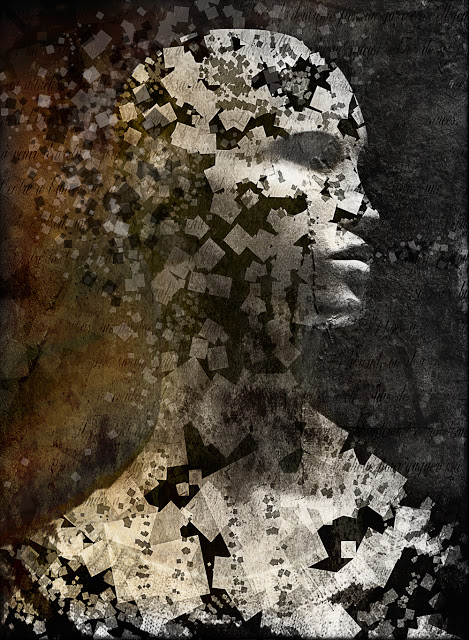
Compassion and forgiveness are the key to releasing our outdated paradigms of thinking.
That’s why compassion and forgiveness are the core tenets of Conscious Living.
There are habits and behavioral patterns within all of us that we may perceive as “negative.” However, it is important to understand that a “positive intention” resides behind these negative, neural networks.
In other words, we may think that our desire to control situations is negative, but the sense of security we receive from this “negative behavior” is something positive—which is why our brain created it!
Allow me to explain: our bodies are designed to survive and adapt.
When we (the organism) sense that something may hinder our survival, we seek out a solution. Now, while the end result may not always be perceived as “positive,” the initial motivation behind it was.
Some of us may still be scratching our heads!
Those behaviors that we label “negative”—for example, our tendency to want to control situations—are generally a way of adapting to an emotional situation. We “adapt” this way to achieve a state of comfort, so the controlling behavior is actually not negative at all. In a way, it’s positive!
We may hate that we always have to pick the movie, but over time, having that control becomes something familiar that makes us feel safe.
That is a positive thing!
Ok, let’s back up—this sounds crazy, right?
You may be thinking:
“How the heck can my controlling behavior be positive? Why would I ever want to believe that being a control freak is a good thing? I hate that about myself. My Mother was a control freak, and it’s probably genetic or something.”
Just hear me out!
It’s important to understand the positive origin and motivation behind our so called “negative” behaviors, so that we are able to move beyond them, and come to a place of compassion and forgiveness.
We don’t become “controlling” or practice other undesirable behaviors because we are inherently flawed or because our parents made us that way. At some point in our lives, we were confronted with a threatening situation that caused our body to find a way to deal with the perceived threat.
Our bodies say:
“Hey, we are under attack here—I got your back, buddy!”
Over time this neural pathway becomes part of our brain’s circuitry, and through repetition it eventually gets labeled as a “bad habit.” Recognizing that all of our “negative” behaviors and habits actually stem from our body’s attempt to protect us is a very powerful thing!
This teaches us to remove blame from the equation and appreciate how primal our need for survival and balance is.
If there is something about ourselves that we are dissatisfied with, then by all means, we should move in the direction of change and growth. However, we must stop labeling our habits and behaviors as “bad” or “negative.”
Instead, let’s love ourselves enough to say:
“Thank you Self, for watching out for me, but it’s time to find a different way.”
The process of change is not motivated by self-debasement, but rather it’s done gently through compassion and love.
Approaching change and growth from this paradigm is powerful and transforming. It removes all the negative bullsh*t that we tell ourselves about who we are, and replaces it with a deeper understanding and respect for how resilient nature has made us.
We stop beating ourselves up over the parts of ourselves that we don’t like, and begin taking steps toward a conscious life, by accepting ourselves in a loving and positive way.
Living our lives mindfully—guided by compassion, love and forgiveness—improves our mental, spiritual and physical well-being. It aligns us in the most profound and humbling way.
This is the first (and who knows, possibly last) day of your life—so what the heck are you waiting for?!
While it may sound corny: There is no time like the present.
That is why it is a gift.
Love elephant and want to go steady?
Sign up for our (curated) daily and weekly newsletters!
Author: Michelle Brunetti
Apprentice Editor: Yoli Ramazzina / Editor: Renee Picard
Photo: Pixoto










Read 0 comments and reply